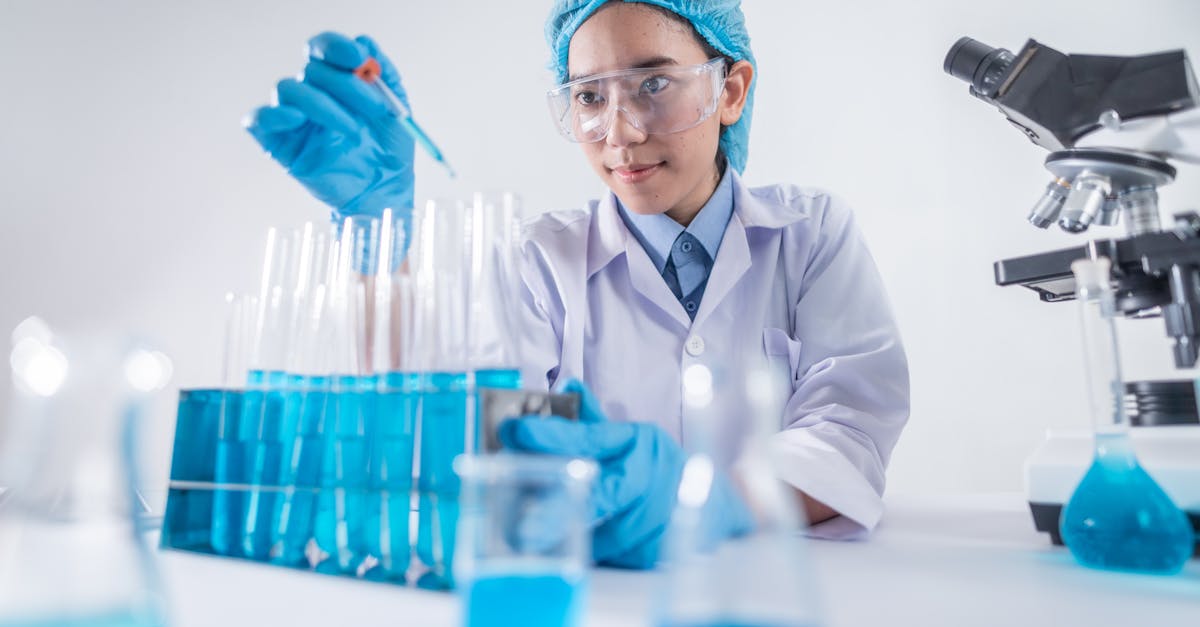Wave Life Sciences Ltd. (NASDAQ: WVE) has announced positive data from the ongoing Phase 1b/2a Restoraation-2 study evaluating WVE-006 as a treatment for alpha-1 antitrypsin deficiency (AATD), a rare, inherited genetic disorder. The study achieved a durable production of serum AAT protein at levels associated with a lower risk of AATD liver and lung diseases following repeat 200 mg doses of WVE-006. The first-ever demonstration of therapeutically restored physiological serum AAT production in a pi*zz individual was observed during a non-drug related acute phase response.
In the 200 mg multidose cohort, total AAT reached therapeutically relevant levels of 11.9 micromolar (μm), with wild-type m-AAT increasing from below the level of quantitation at baseline to 7.2 μm. m-AAT levels reached 64.4% of total AAT, and mutant z-AAT protein declined from baseline by 60.3%. Notably, following a single 200 mg dose of WVE-006, a total AAT level of 20.6 μm, including an m-AAT level of 10.3 μm, was observed in one individual during an acute phase response due to a kidney stone. In the 200 mg single dose cohort, total AAT reached 12.9 μm, m-AAT increased to 4.8 μm, and z protein decreased by 47.3%. Excluding the individual with an acute phase response, total AAT reached 11.8 μm, m-AAT increased to 4.0 μm, and z protein decreased by 48.8%. A single 400 mg dose of WVE-006 resulted in the achievement of total AAT of 12.8 μm and m-AAT of 5.3 μm.
The study also highlighted that RNA editing resulted in the endogenous production of m protein in zz individuals, and the stress of a kidney stone was associated with marked upregulation of m protein production. These results suggest that RNA editing has the potential to restore, at least in part, both endogenous m protein production and its normal regulation in AATD.
The ongoing 400 mg multidose cohort has the potential to deliver further increases in serum AAT, and data from both the 200 mg and 400 mg (single dose only) cohorts support a monthly or less frequent subcutaneous dosing regimen. The development and commercialization responsibilities for WVE-006 will transfer to GSK after Wave completes the Restoraation-2 study, and Wave is eligible for up to $525 million in milestones, as well as tiered royalties on net sales for WVE-006.
These positive results represent a significant clinical milestone for individuals living with AATD and the field of RNA editing, demonstrating the potential for WVE-006 to achieve a long-standing goal by restoring expression of AAT under endogenous physiologic control. The study also reinforces the strength of Wave's platform as the company continues to advance additional wholly owned editing programs toward the clinic.
This update comes as Wave continues to advance a wholly owned pipeline of RNA editing candidates that utilize its proprietary chemistry in a variety of hepatic and extrahepatic tissues. The company plans to share new preclinical data from these programs at a research day in the fall of 2025 and to initiate clinical development of additional RNA editing programs in 2026.
The Restoraation-2 study is ongoing and aims to evaluate the safety, tolerability, pharmacodynamics, and pharmacokinetics of WVE-006 in individuals with AATD who have the homozygous pi*zz mutation. WVE-006 is a galnac-conjugated, subcutaneously delivered, a-to-i RNA editing oligonucleotide (AIMER) that was developed with Wave's best-in-class oligonucleotide chemistry platform.
Wave Life Sciences is focused on unlocking the broad potential of RNA medicines to transform human health, and its diversified pipeline includes clinical programs in alpha-1 antitrypsin deficiency, obesity, Duchenne muscular dystrophy, and Huntington's disease, as well as several preclinical programs utilizing the company's broad RNA therapeutics toolkit. Following these announcements, the company's shares moved -19.54%, and are now trading at a price of $7.74. For the full picture, make sure to review Wave Life Sciences's 8-K report.


